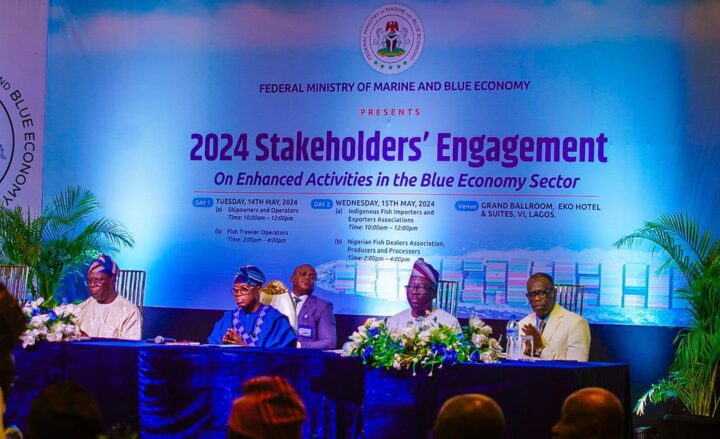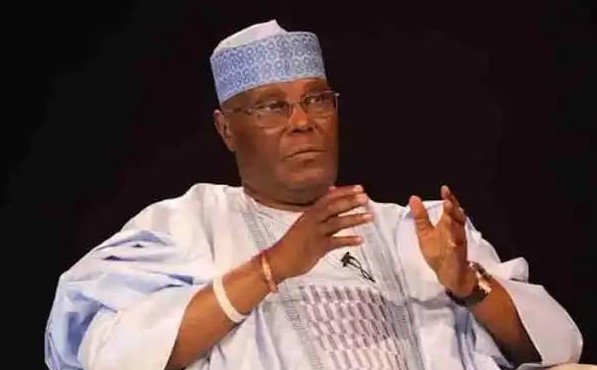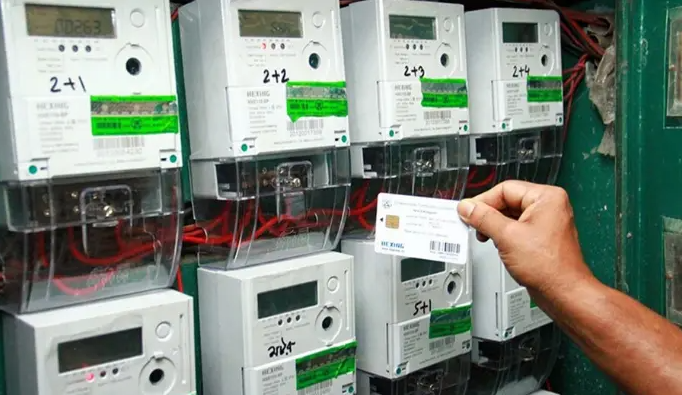Gboyega Oyetola, minister of marine and blue economy, says the fishing industry can surpass the oil sector if properly harnessed.
Oyetola said this during the stakeholders’ engagement with fish dealers in Lagos on Tuesday.
NAN reports that the minister was represented at the event by Oloruntola Olufemi, permanent secretary in the ministry.
Oyetola said the ministry recognises the contributions of fish trawler owners to the economy.
Advertisement
He added that the meeting was aimed at achieving sustainable development in the marine and blue economy, while deepening the rapport between government and stakeholders.
“Fisheries and aquaculture is a key component of the marine and blue economy which is the focus of the ministry’s action plan,” he said.
“This is an opportunity to chart the course and provide dialogue to bring innovative solutions and local capacities of Nigeria’s economy and the welfare of our people.”
Advertisement
He urged trawler owners to collaborate with the ministry to finetune their operations.
“Moving forward, we will consolidate the insights gained and begin implementing action plans to address the key priorities identified during our meetings,” he added.
Dayo Mobereore, the director-general of the Nigerian Maritime Administration and Safety Agency (NIMASA), said the marine and blue economy contributes immensely to Nigeria’s gross domestic product (GDP).
He identified demand and supply as the challenges facing the industry, adding that the government is working towards creating an enabling environment for stakeholders.
Advertisement
Ben Okonkwo, president of the Fishing Trawlers Association of Nigeria (FTAN), said the fisheries sub-sector was operating with a turnover of 80 to 100 million dollars per annum.
“Before the association nosedived, we had about 250 boats, with over 100,000 workers across the board,” Okonkwo said.
“At a point, business nosedived due to the rise in pirate attacks, difficulties in accessing forex transactions and procurement of diesel.”
Advertisement
Add a comment






